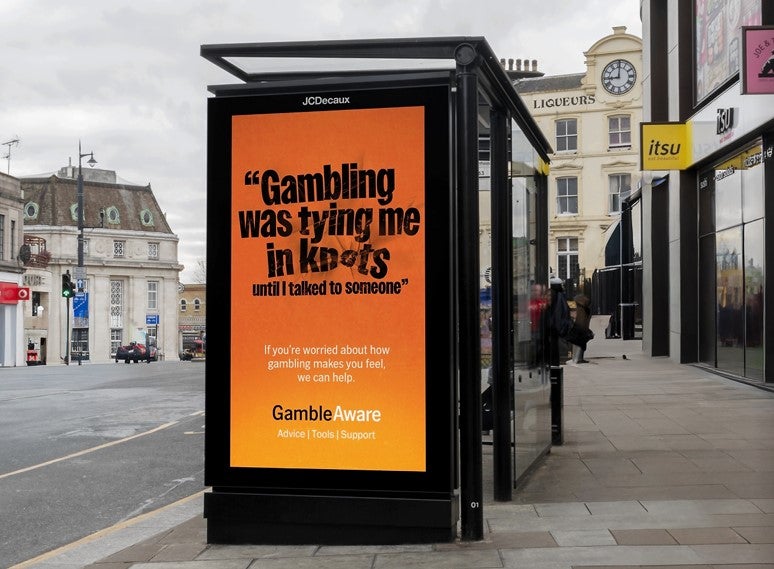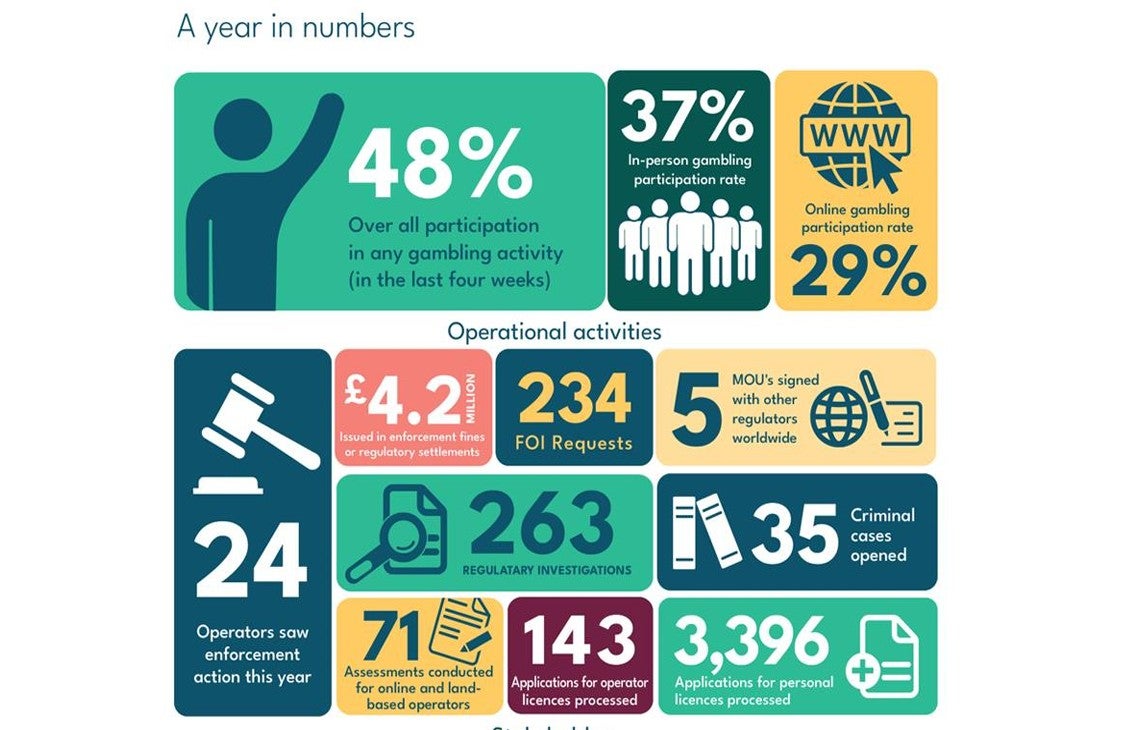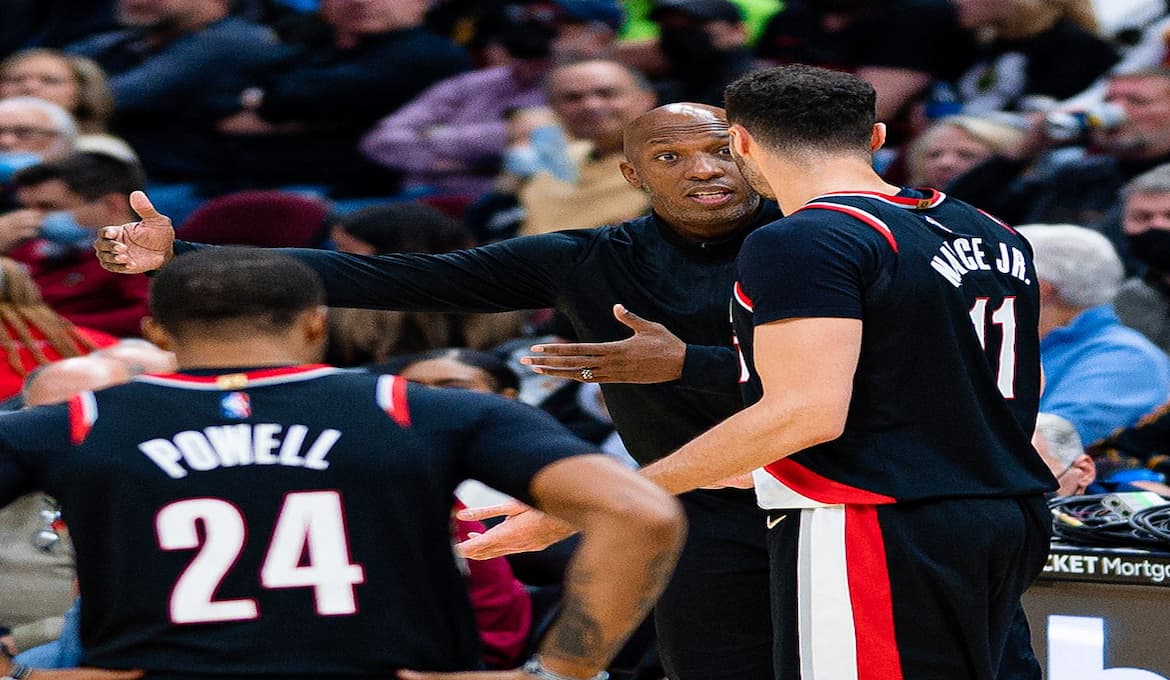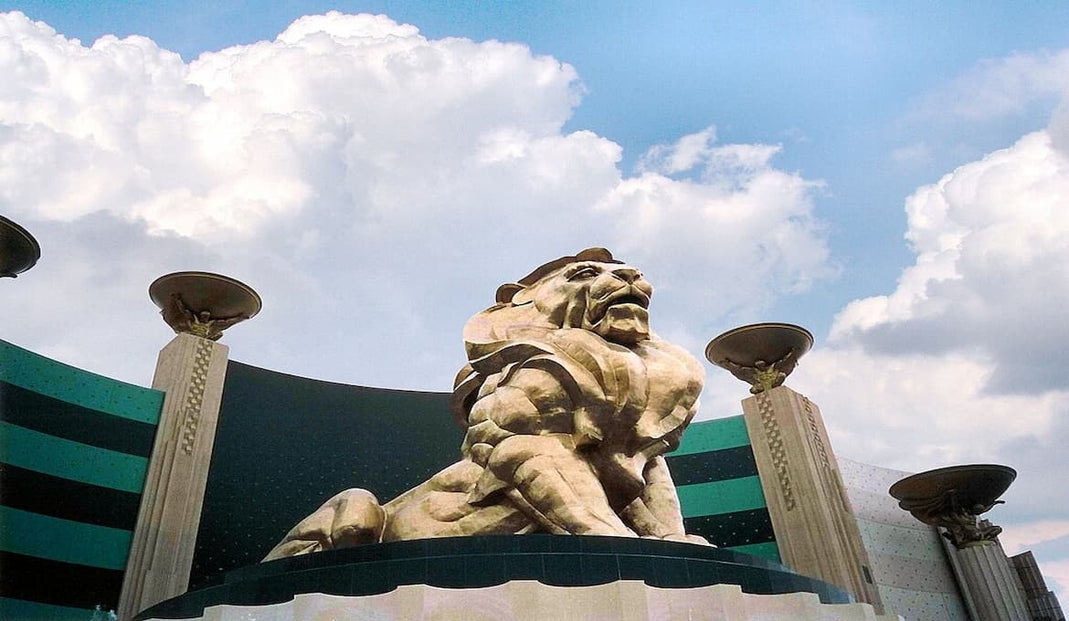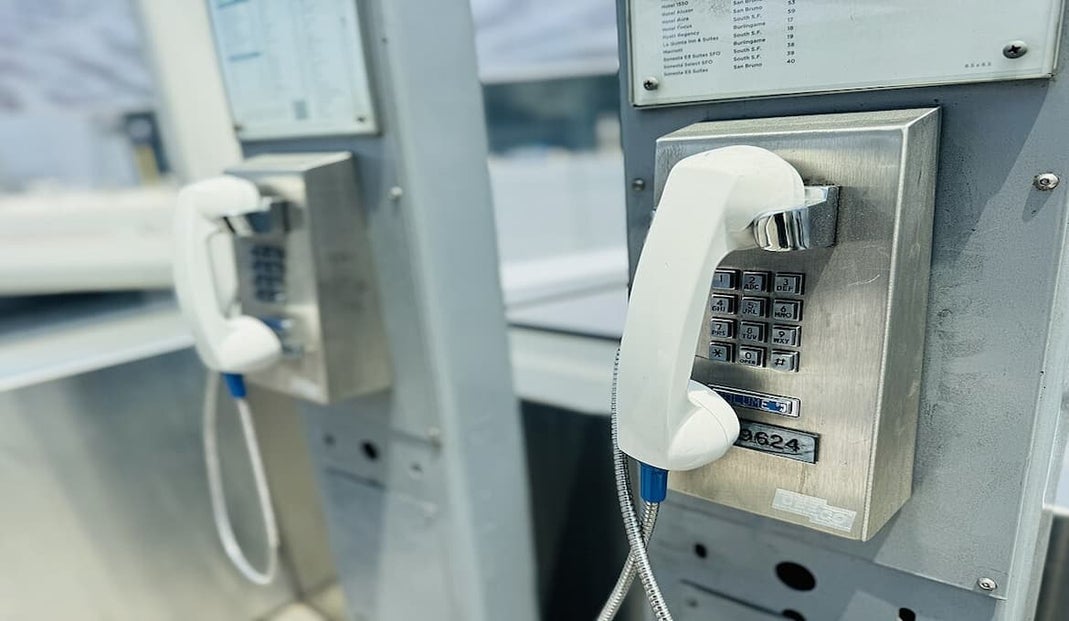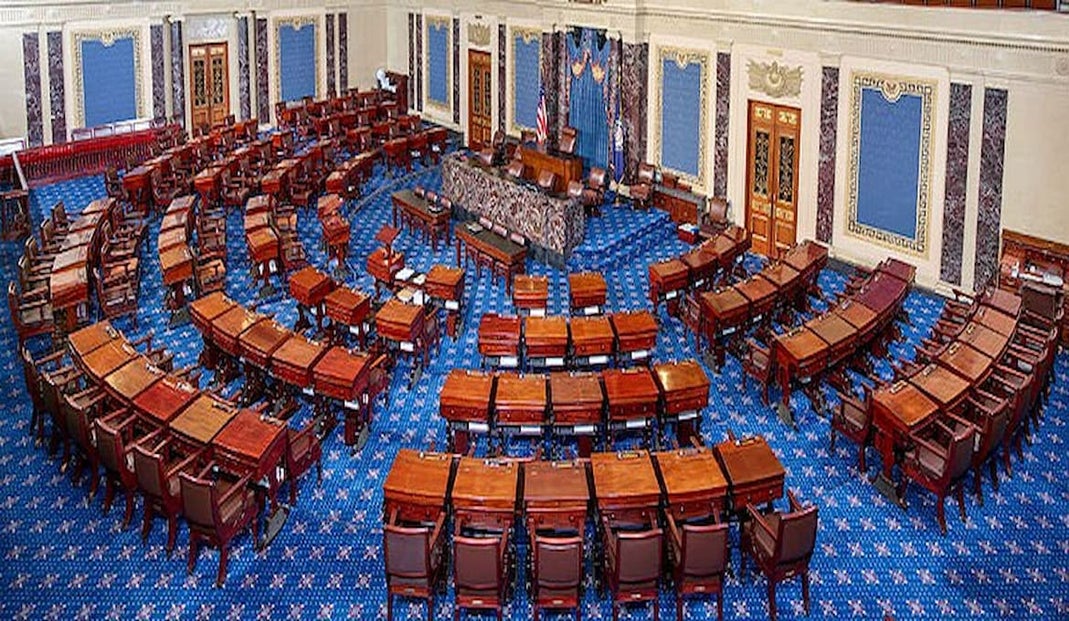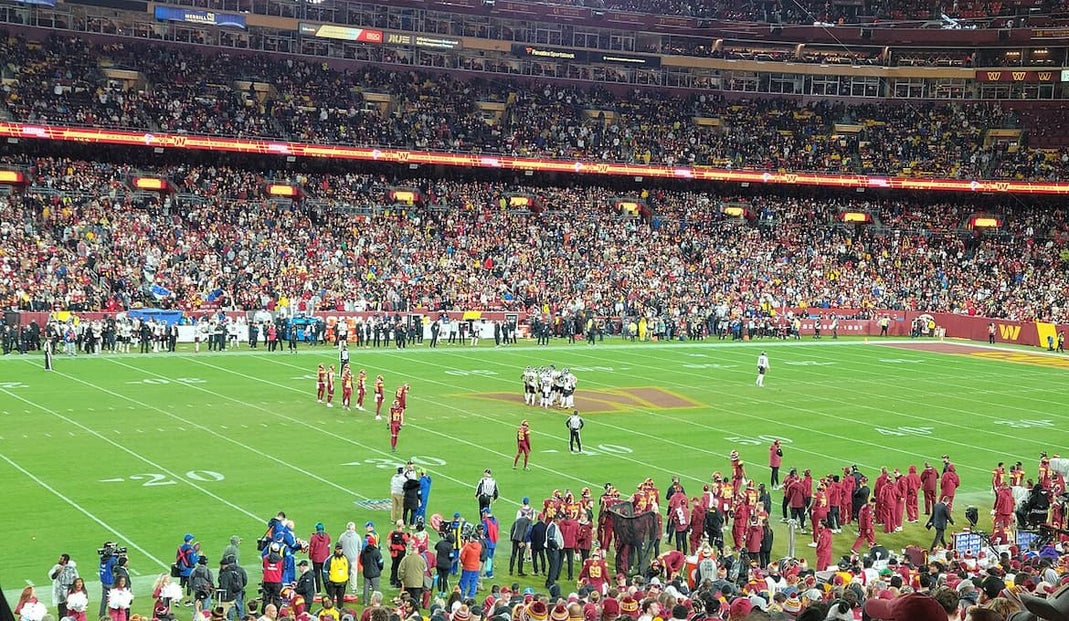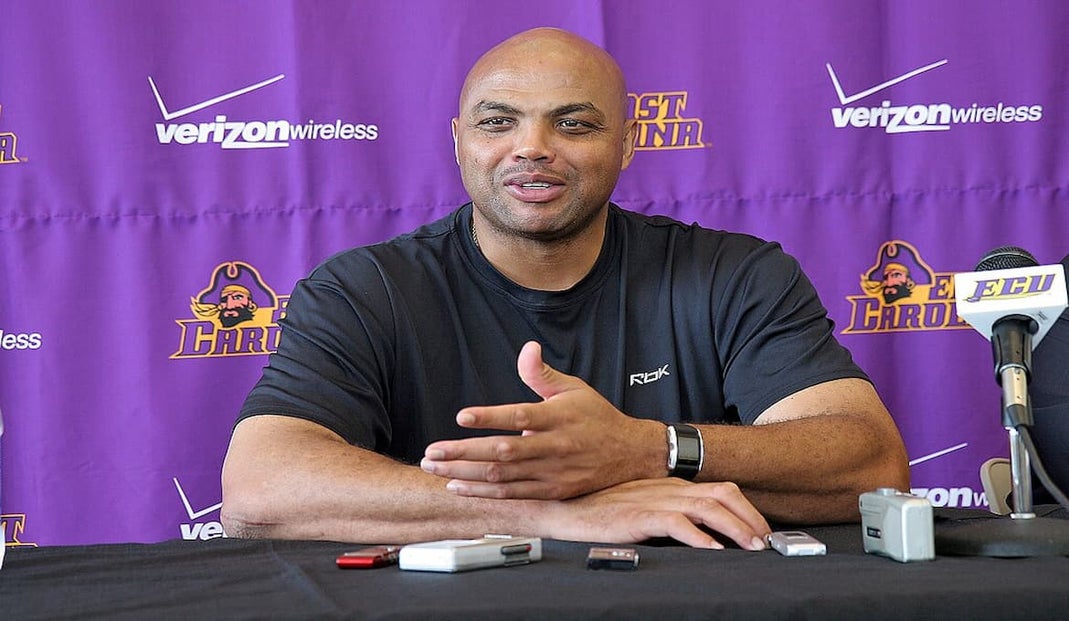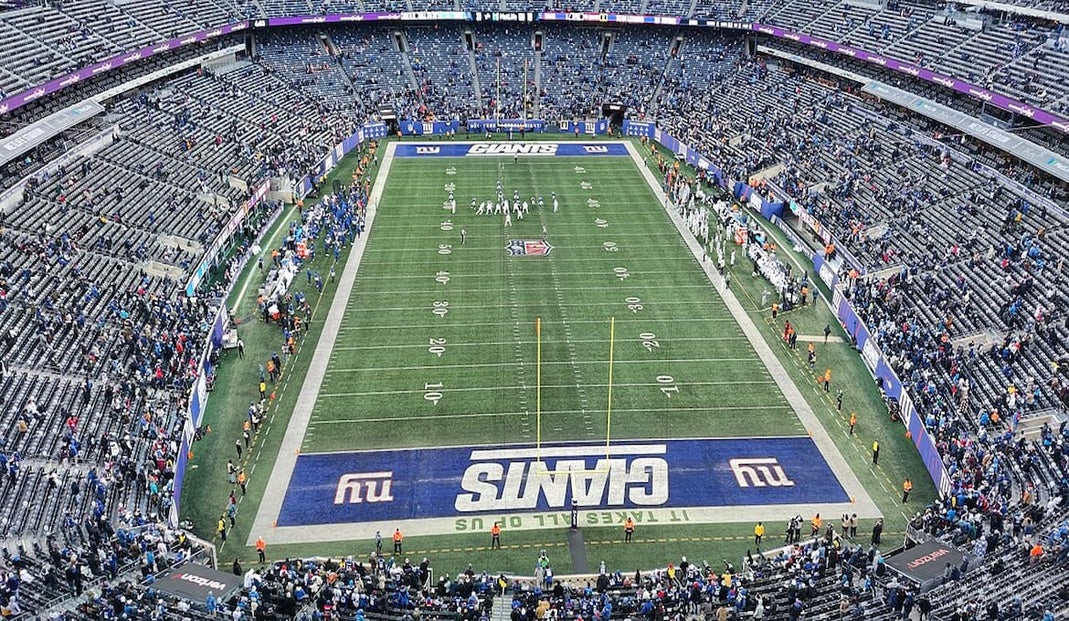NCAA Enforcement Strategy Has Changed
In 1994, bookmaker Benny Silman was bribing players from ASU’s men’s basketball team to take part in a point-shaving scheme. The players agreed to ensure the team’s final four games would not cover the spread. This allowed Silman to rake in cash until he was arrested and sentenced to prison in 1998.
After the scandal was uncovered, the NCAA decided to make an example of ASU’s men’s basketball program. Heavy-handed punishments did permanent damage to the program, which has failed to reach the same heights it enjoyed before.
As ASU awaits the details of the NCAA’s decision, it's unlikely they will be facing a similar fate. In a post-PASPA world, the league has decided to go after the players instead of the team or school. While not everyone agrees with the change, the hope is that sparing teams will encourage them to report any suspicious activity.
Watchdogs Are Getting Better at Spotting Scandals
The ASU betting scandal case study also reveals that these issues are being uncovered. It took about four years to uncover and punish the first ASU scandal. The lack of technology and investment in prevention made it difficult, leading to only a handful being uncovered.
We don’t know when the second ASU scandal was alleged to take place, but it will likely be within the last two years. We have seen the NCAA and other watchdogs find and investigate scandals only months after they happen, showing a massive improvement when compared to the late 90s.
While the industry has not been able to stop scandals before they happen, its ability to hold violators accountable will make athletes think twice before being tempted.
NCAA President Pushes Ban on Player Props
NCAA President Charlie Baker took time to praise the league’s enforcement team. He highlighted the improvements made over the last few years, which contributed to the success, and promised that more would be coming as they fight for the integrity of college sports.
Baker also took time to renew his call for states to ban player prop bets. These bets are easier for athletes to alter, which may lead them to take the risk. They have also been linked to a disturbing uptick in the harassment of athletes.
Don’t be surprised if the scandal and Baker’s rallying cry lead to bans on college player prop bets to be proposed in states across the US.





